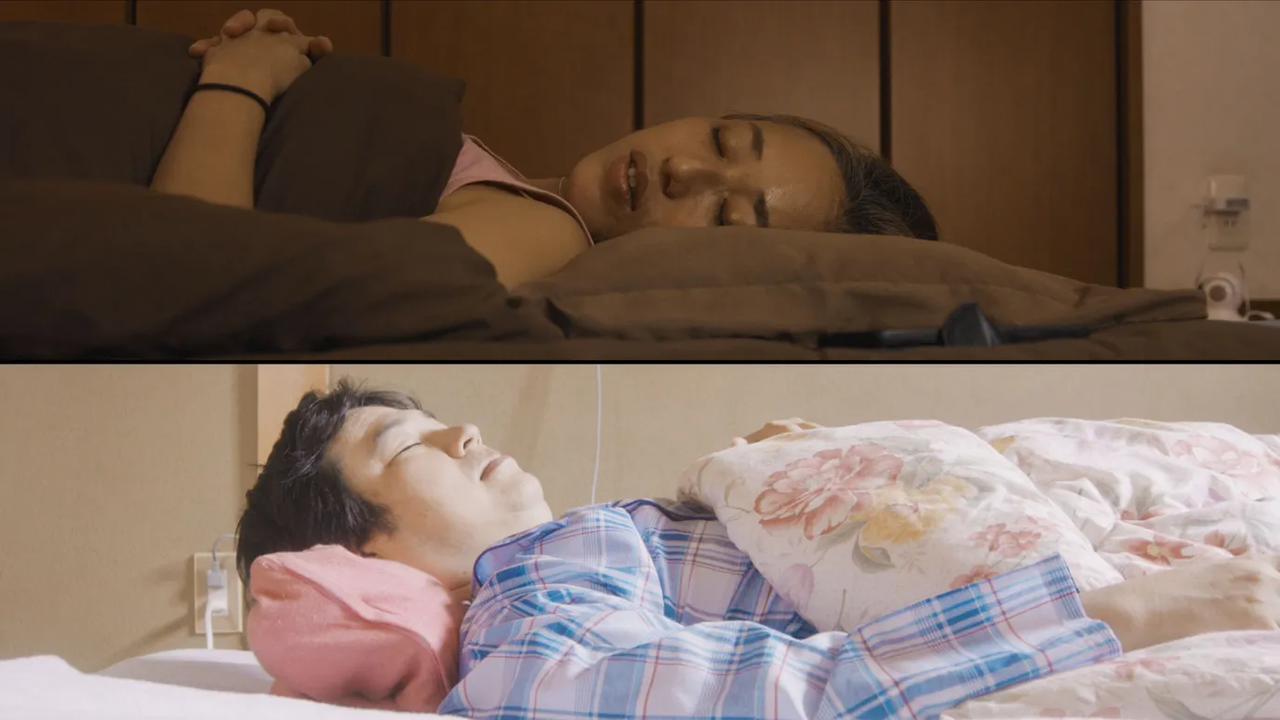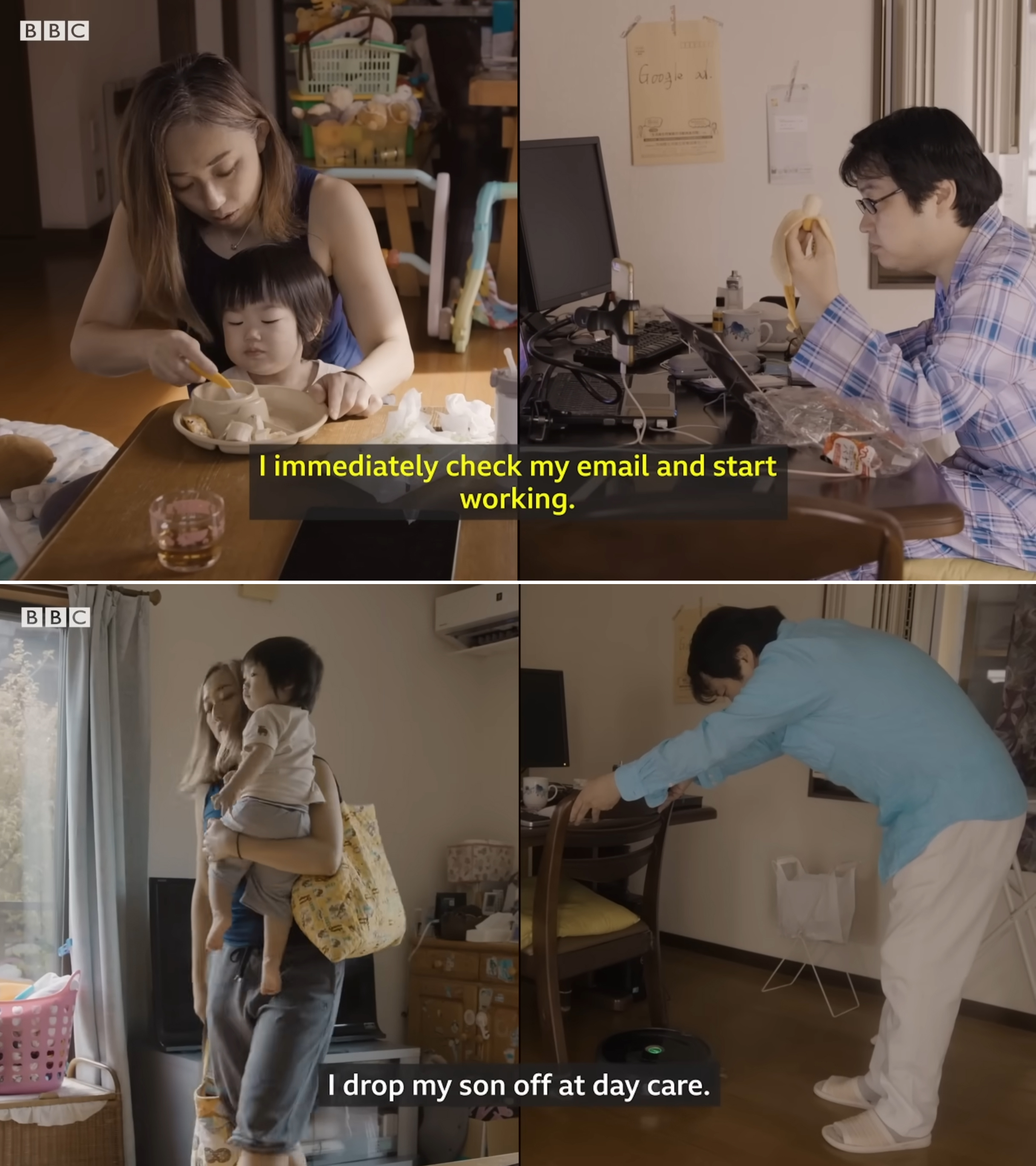Japanese Are Adopting 'Weekend Marriages' So They Can Continue Living Like Singles
With the increasing number of dual-income households and changing lifestyles, weekend marriages have become more common in Japan.
In Japan, an increasingly prevalent trend sees couples adopting the notion of a 'weekend marriage', which allows them to continue their single lifestyles while concurrently maintaining a lifelong partner
As the name suggests, weekend marriages (週末婚 or 'shumatsukon'), also known as 'separation marriages', refer to couples who only meet one or two days on the weekend.
The unique marriage style gained international attention earlier this year after BBC published a video about it, titled 'Is 'separation marriage' key to a healthy relationship?'.
The eight-minute video showcases the Takeda family, which includes husband Hidekazu, wife Hiromi, and their toddler.
The duo live in separate houses about one-hour drive away from each other, with their child living with Hiromi.
Hiromi describes herself as a strong and independent fitness gym owner and instructor, while Hidekazu is a business consultant who spends most of his time in front of the computer.
They love and respect each other, but the differences in their lifestyles are night and day, with Hiromi's house looking squeaky clean, while Hidekazu's looks messy
He admits that the only household chore he does is laundry.
For Hiromi, she wakes up at 4am every day to meditate, plan her schedules on her computer, update social media posts, write a blog post, and check her email.
While most people are still asleep, she has completed most of her house chores, which include ironing her child's school uniform, preparing a bento lunchbox for her child, and cleaning the house.
As for Hidekazu, he wakes up at 7am and heads straight to his desk to start work while still in his pyjamas.
"From the moment my wife wakes up in the morning, she works non-stop, doing household chores and dealing with her business.
"I would feel guilty lounging around if we lived in the same space," Hidekazu told BBC.
Hiromi, on the other hand, says she might feel stressed and lose her freedom to work on her personal things if she lived with her husband.
Hence, they love the arrangement they have established, whereby Hidekazu visits Hiromi two to three times a week and does not stay over frequently.
Weekend marriages were not popular in the past
However, with the increasing number of dual-income households and women choosing to not give up their careers after marriage, this arrangement is becoming increasingly common, especially among older couples and individuals with children from their previous marriages, as reported by the Japanese wedding service website, Zexy.net.
It is understood that couples who prefer weekend marriages do not want to give up their established decades-long lifestyles and do not welcome the idea of suddenly living together with their partners.
When Zexy.net asked its users whether they were aware of weekend marriages, 86.7% of the female respondents aged between 20 and 30 were aware of this marriage style, compared to only 23.3% of male respondents in their 20s.
It appears that this marriage style appeals to more women than men, especially in a country where women spend nearly five times more time on household chores and childcare than men, reported BBC, citing data from the Organization for Economic Cooperation and Development.
In recent years, various Japanese language media outlets have covered weekend marriages extensively, providing information on how to adopt the new marriage style into their relationships
Among them is Oggi, a local lifestyle magazine, which ran a feature piece in July this year, breaking down the pros and cons of weekend marriages.
According to the magazine, the pros include:
– The relationship can stay fresh forever
– You can have your own free time
– You don't have to give up on your own career
While the cons include:
– Communication difficulty
– Poor family financial planning and management
– Runs a higher risk of your spouse cheating on you

